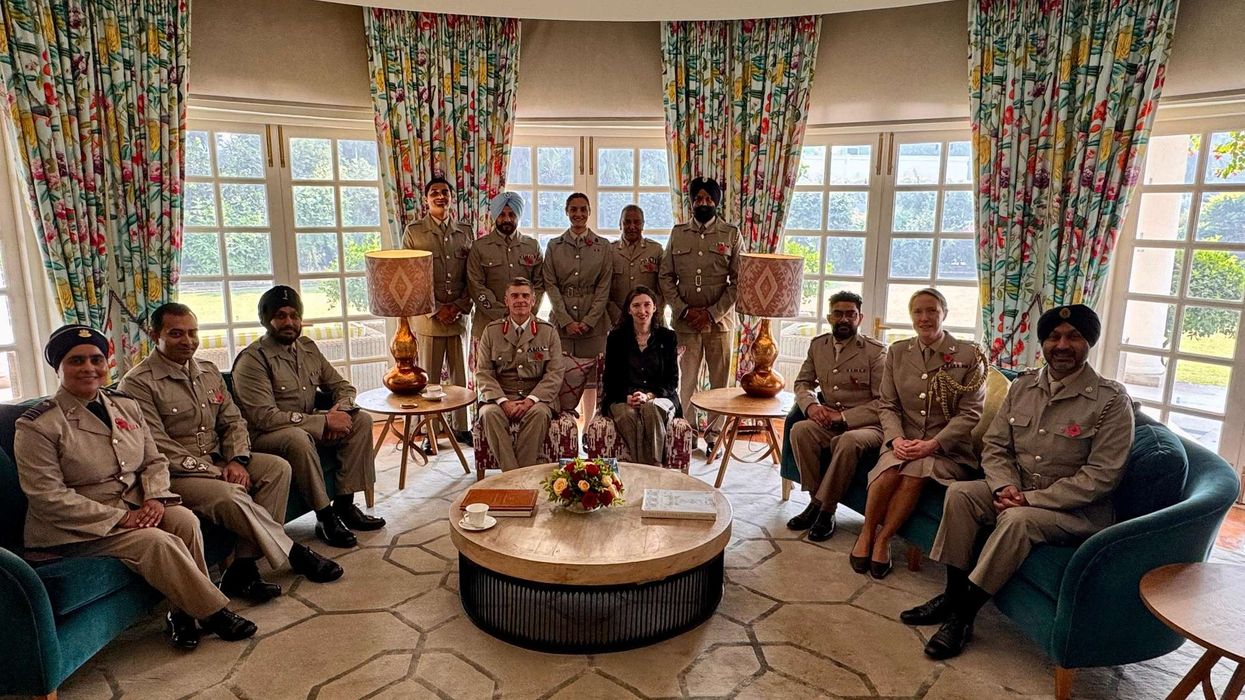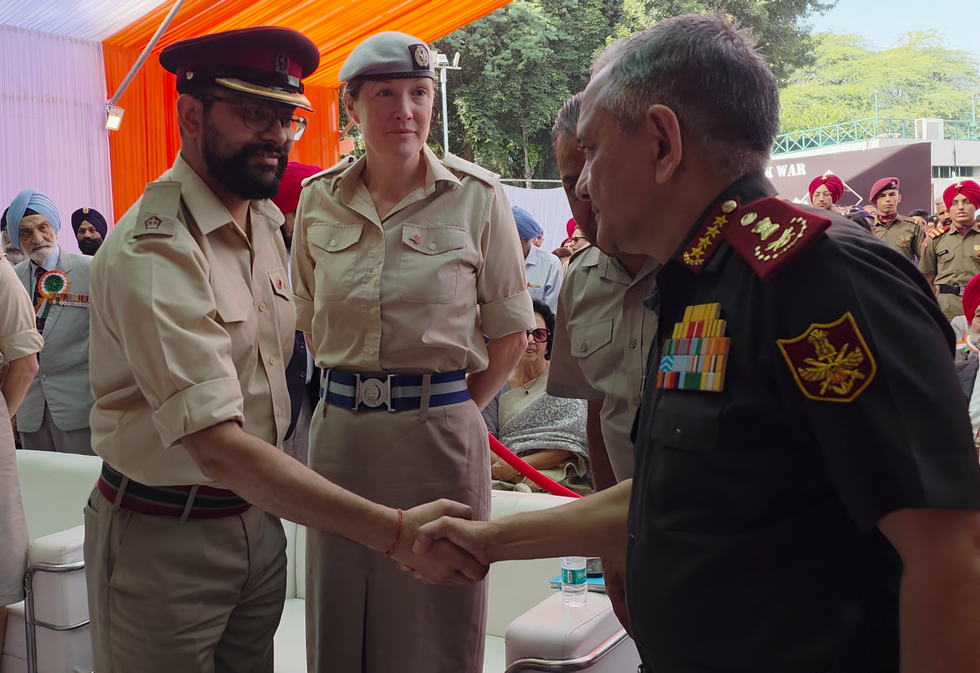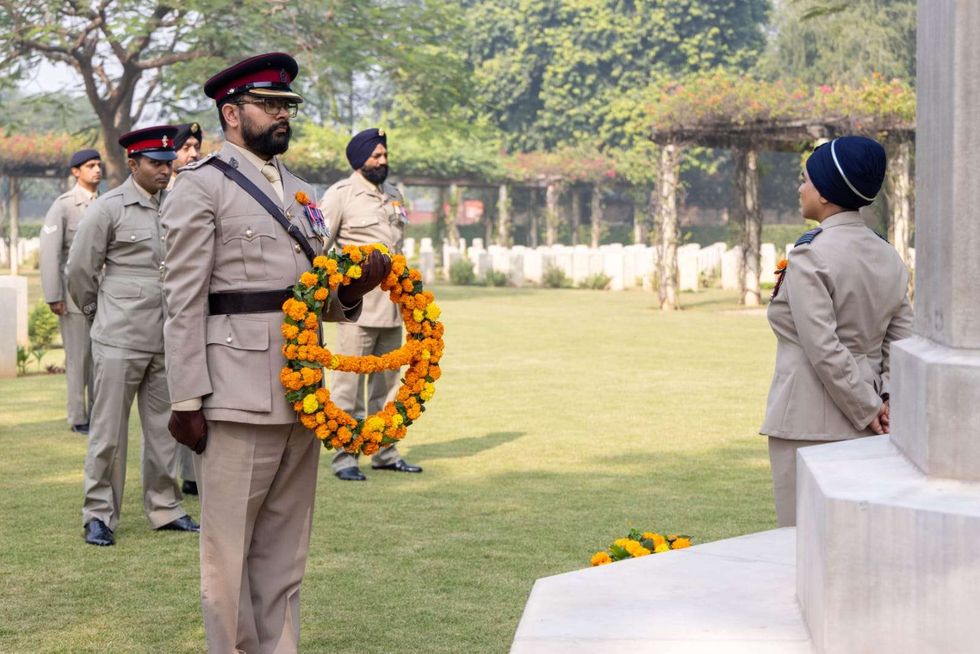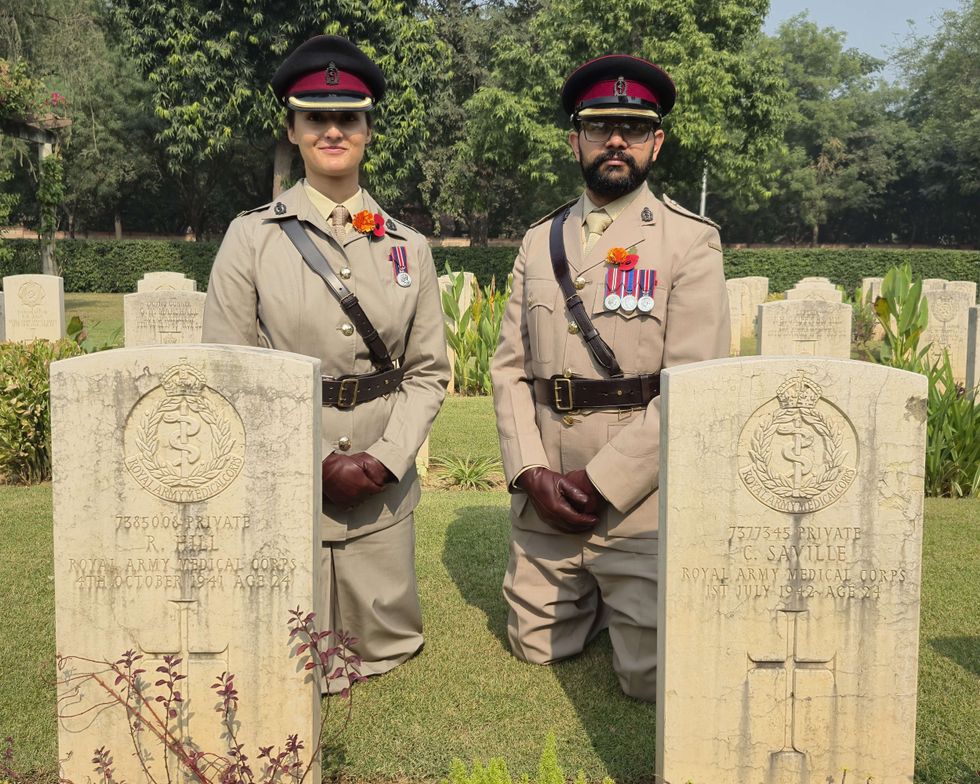FOLLOWING high drama last week, a group of frightened, traumatised men seeking asylum in the UK received a last-minute reprieve from being shipped thousands of miles across the globe to Rwanda.
But even with a legal injunction from the European Court of Human Rights, the UK government still hopes to press ahead.
Behind every individual we see in our daily work at the Refugee Council, there’s a harrowing story of upheaval, war, persecution and personal tragedy. From the teenager whose relatives have been killed, to the young man at risk for joining an opposition party, to the mother whose city has been bombed, or the journalist who has received death threats from a new regime – each one has a good reason to flee, otherwise why would they go to such extreme lengths?
We have forgotten something which many of our grandparents learned during the Second World War. When we ignore the human rights of those less fortunate than us, and the vital global warning system which refugees represent, then however comfortable and secure our own circumstances might seem, we can no longer be proud of ourselves or confident in our world.
The UK government has chosen to blatantly disregard the UN Refugee Convention, which Britain helped draft in 1951, and of which we were a founding signatory.
It’s also a huge step backwards in the long and controversial history of UK immigration policy. The home secretary has called the Rwanda agreement “ground-breaking” – but it is so for all the wrong reasons.
Our government has never before sought to evade its responsibilities so completely, by shipping people seeking safety in this country off to another jurisdiction. It’s more extreme than even the notorious Australian example, because we are not merely off-shoring, but outsourcing the entire delivery of our asylum system to another state.
Quite apart from the fact that this is not a regime we can have much confidence in, the principle is also deeply wrong. The vast majority of refugees (86 per cent) stay in countries bordering their own, and this is another way in which we are shifting the responsibilities we should share away from richer countries onto the global south.
There are echoes of other dark and shameful aspects of Britain’s past – from the trade in human lives on which so much of the UK’s wealth was built, to the practice of deporting convicts to distant colonies against their will in the 18th and early 19th centuries. There are many names for taking away a person’s freedom without a fair hearing – and the similarities with both kidnapping and trafficking are resonant.

It’s also a terrible step from the point of view of our international role and standing. With this policy, global Britain is signalling a withdrawal from efforts to seek multilateral solutions to major global challenges. Displacement and global refugee movement are defining issues of our time, and will demand huge efforts for decades. They can only be effectively addressed when countries act together. It’s now a given that climate change demands international co-operation, but the UK government seeks to ignore this same truth when it comes to people who have to escape their homes.
Our prime minister insists shipping people to Rwanda will tackle people smugglers and deter men, women and children from risking their lives in flimsy vessels to cross the Channel from France. But even the top civil servant at the Home Office was unable to say it will act as a deterrent.
Desperate people have continued to cross the Channel in greater numbers than last year, because of the different crises from which they are escaping. When asked why they want to come to the UK in particular, they often cite family ties, knowing the language, and their poor treatment by the police and authorities in other countries they have passed through.
We should not forget that a very small proportion end up in the UK – many European countries take in more refugees, and our contribution is tiny when compared to other countries like Pakistan, Uganda, Lebanon, or now Poland, that host millions who are displaced from neighbouring countries.
It is simply wrong to say that no better solutions are being offered. In fact, there are many better solutions for anyone who cares to listen.
We must look at the reasons people are forced from their homes, which are far more urgent to them than the detail of our immigration policies or our benefits system. The vast cost of removing one person to Rwanda could be far better spent on improving hundreds of lives.
We must also work with other countries in Europe to share responsibility and develop a human response to those fleeing from around the world reach safety across the continent. We should create safe routes for refugees, so that far fewer have to make dangerous journeys.
One simple way is through extending family reunion rights, but instead the government is taking these away from people seeking asylum. Another is putting in place humanitarian visas.
Above all, we should focus on creating a fair, orderly and humane asylum system, which allows us to deal with claims swiftly and fairly, without the additional costs – both human and financial – of long delays.
Time after time, our asylum system fails to see the face behind the case of terrified and vulnerable people. A country which seeks to abandon humanity and compassion risks moving into very dark territory.

















Why Britain must rethink its Rwanda refugees plan
Better solutions exist than ‘outsourcing the UK’s asylum system’